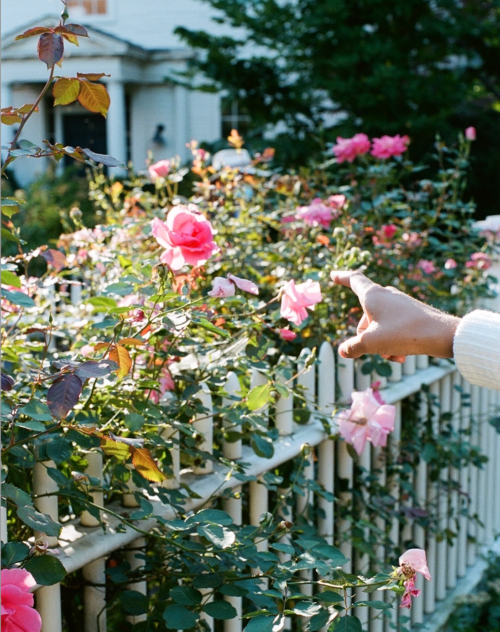True love. Whether or not we see ourselves as romantic types, it’s worth thinking about. Why? Well Valentine’s Day is here, but regardless, love just might be the most powerful force in our lives. Take beauty for example. Beauty brings untold opportunity and prestige. Yet gorgeous people are utterly devastated, left bitter by failing to handle love. As are the wealthy and the strong. Love seems capable of breaking anyone who doesn’t take the time to understand it. Now, I don’t think love is a curse, more like electricity or fire: get careless or take things for granted and *poof*—disaster. Ignore it completely? Enjoy a cold and dark life. Harvard might offer endless resources to study physics, launch a new start-up, or make it on Wall Street, but how do the students here navigate the numinous world of love?
Harvard students are all about innovation and optimization, and one popular tool is Datamatch. Sky Jung ’25 works on the Algorithm Team for Datamatch, and while the algorithm is “very complex and a secret,” she was willing to share some insights about the Harvard romance scene. Last year, two-thirds of undergraduates used Datamatch. “There’s a really good balance in the dating scene,” Jung said. Based on Datamatch’s submissions, lots of people are into hook-up culture, lots of people are looking for something a little personal, and some are looking for something serious. “There’s really no one category that stands out more than others from what I’ve seen,” said Jung. The data seems to be reasonable because everyone I interviewed this week shared this observation.
Technology can only do so much. Jung notes that Datamatch receives many positive testimonials, but many people who try Datamatch have different intentions other than finding a relationship. “If you receive a perfect match in your inbox, nothing will come of it if you aren’t ready to spend the time and energy to get to know someone new,”said Sky. This highlights a Harvard-specific problem for students who are interested in finding love: investing time in the process. Cass Bargell ’22 vocalized a common critique of Harvard’s workaholic environment. “Everyone here is really focused on themselves, they just don’t have time for it. It’s not people’s main priority,” she said.
So where can someone find love at Harvard? “Section,”said Bargell. “Things are hard enough, so if it’s easy, don’t overcomplicate it. Enjoy it while you have it.”
I don’t usually feel attractive in classrooms, but it’s a good point. Students are busy, and it’s tempting to aim for relationships that are as convenient as possible. Keeping it simple and not obsessing over outcomes might be the best way to find that middle ground between hook-ups and serious relationships. Maybe grabbing coffee or lunch with a section-mate is a great place to start, especially for spending time with someone you might have a little interest in without overthinking the implications. However, specifically holding onto convenience as a marker for relationships can spell serious trouble in the future.
“Convenience” may be a bad word to use when it comes to love. Technology might be hurting us by directing us towards the path of least romantic resistance. “Using apps like Tinder or Instagram has a trade-off,” said Jung. “We have ten times as many half-hearted acquaintances and very few good connections. Meeting naturally requires you to care more, and that’s a skill we don’t have. The moment things feel inconvenient we drop it, so we don’t have the patience to build relationships anymore.”
Josh Archibald ’22 believes that true love is nothing like romance movies. He finds that pop-culture warps expectations. “True love is something you build; it doesn’t just happen at first sight. It’s the result of work, not magic,” said Archibald. Personally, I couldn’t agree more. A little excitement goes a long way… for about 15 minutes. Maybe a week if you’re busy and drinking whenever you get some precious free time. After that you’re still confronted with the reality of a situation. You can’t will love into existence by just wanting it. You have to decide someone is interesting or stimulating enough to put the time into seeing what happens when you both throw your crazy, sane, depraved, and square lots together, even if only for a few moments.
My opinion orbits closest to Archibald’s and a little bit towards Jung’s. I think that love is a skill, an instinct that gets stronger after years of relationships, friendships, and raising children. Sooner, if you intentionally cultivate it. From there, the love in each relationship is something that grows over time, with each memory, each shared experience. But that’s easier said than done. Love requires vulnerability, which means that deeply loving others gives them an advantage over you. The more closed off you are, the harder it is to experience it at all. It takes courage. Lots of courage and sharp eyes so you know when to protect yourself and when to be vulnerable.
So how do you find true love at Harvard (other than in section of course)? You start building it!
Sabastian Mandell ’24 (sabastian_mandell@college.harvard.edu) is your local workaholic of the heart.

